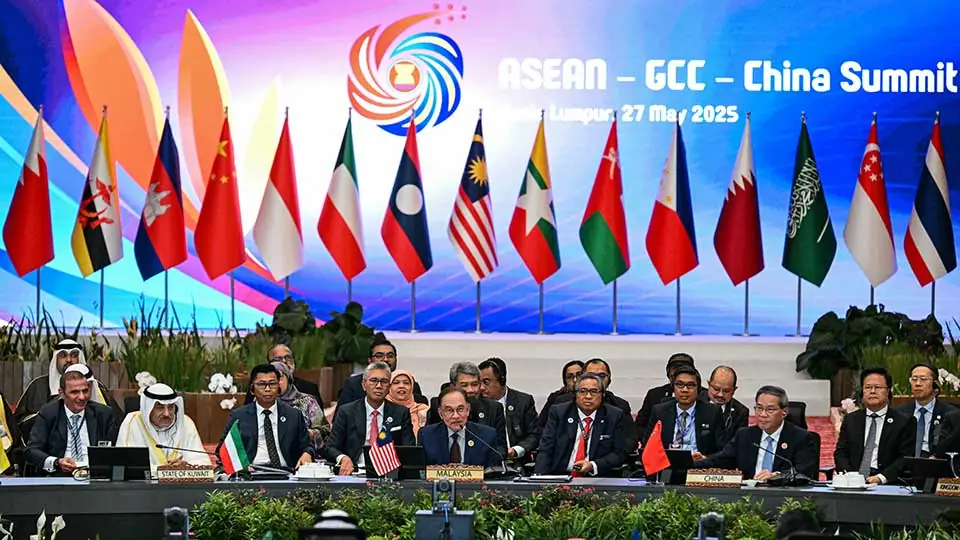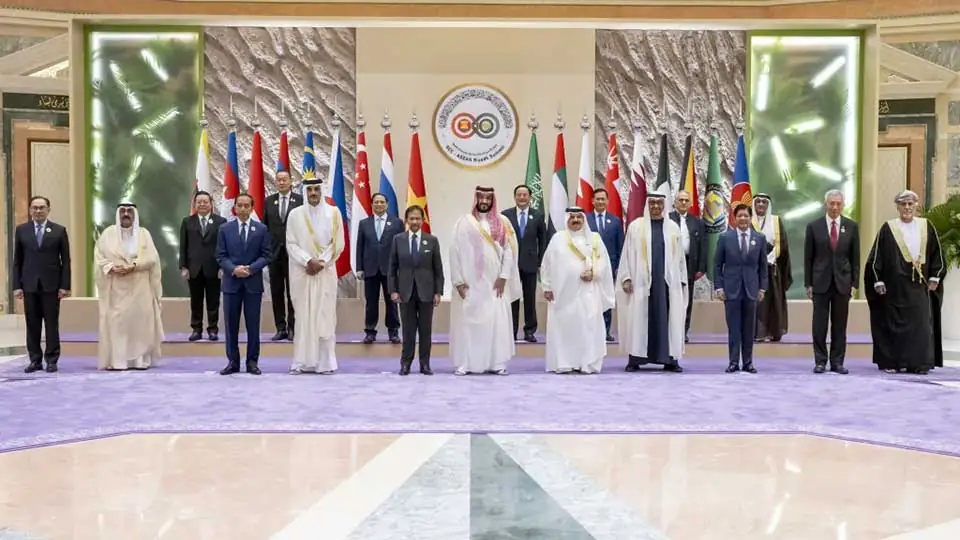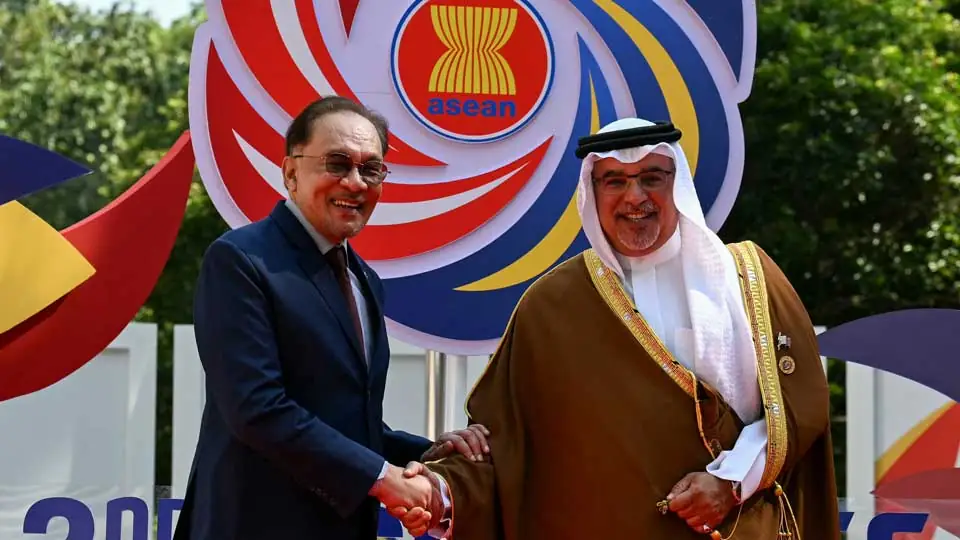The Gulf Cooperation Council GCC and China are in talks to build a stronger economic relationship. As global trade patterns shift, both sides are looking for new ways to grow their economies by working more closely together. Their recent discussions focus on creating long-term strategies that will benefit both the Arab Gulf countries and China.
The talks are part of a broader plan to deepen ties between China and countries in the Middle East. From trade and energy to technology and infrastructure, the two sides are exploring various fields of cooperation that could shape the future of regional and international business.
Why This Partnership Matters Now
Over the last few years, the relationship between China and the GCC countries has become more important. The GCC, made up of Saudi Arabia, the UAE, Qatar, Kuwait, Bahrain, and Oman, is a key player in global energy markets. China, on the other hand, is one of the world’s largest consumers of oil and gas.

Both sides see a lot of potential in strengthening their partnership. China wants to secure long-term energy supplies, while the GCC countries are looking to diversify their economies beyond oil and gas. As a result, both regions are aiming to work together in areas such as clean energy, manufacturing, digital technology, finance, and infrastructure development.
This new wave of cooperation talks is seen as an important step toward a more balanced and forward-looking economic relationship.
Key Areas of Economic Focus
1. Trade and Investment
China is already one of the biggest trading partners for most GCC countries. In 2023, trade between China and the GCC crossed $300 billion. Now, both sides are exploring how to make this trade even smoother. One idea being discussed is the creation of new free trade agreements that would lower tariffs and reduce restrictions on goods and services.
In addition, GCC countries are inviting more Chinese businesses to invest in sectors like construction, tourism, finance, and technology. At the same time, Chinese investors are showing growing interest in the Middle East’s modern cities, ports, and infrastructure projects.
2. Energy Security and Green Transition
Energy has always been a central part of GCC-China relations. With China needing large amounts of oil and gas to power its industries, the Gulf countries play a key role in meeting that demand. But the future of energy is changing.
Now, both sides are also looking into new areas like renewable energy and clean technology. The GCC countries are investing heavily in solar and wind energy, and they see China as a strong partner in this transition. Discussions are also happening around hydrogen energy and carbon capture technologies.
3. Infrastructure and Connectivity
China’s Belt and Road Initiative (BRI), a massive global infrastructure plan, has already led to major investments in ports, roads, and industrial zones across the GCC region. During the latest discussions, both sides emphasized the importance of building more transport and logistics links to connect Asia, the Middle East, and Europe.
By improving trade routes and building better infrastructure, China and the GCC hope to make cross-border business faster and more efficient.
4. Technology and Digital Economy
As the world becomes more digital, both China and the Gulf countries want to lead in new technologies. Areas like 5G, artificial intelligence (AI), and smart cities are at the center of this cooperation.
China is known for its rapid development in tech and innovation, while GCC countries—especially the UAE and Saudi Arabia—have launched major digital transformation plans. By joining forces, they aim to create stronger digital economies, train skilled workers, and attract global tech companies.
Recent High-Level Talks

The most recent meeting between China and GCC representatives took place during a special economic forum, where leaders, ministers, and business executives from both sides came together. They talked about trade deals, future investments, and the importance of building trust in their growing partnership.
One of the key points was the plan to speed up the signing of a Free Trade Agreement (FTA) between China and the GCC. Talks around this agreement have been going on for years, but now there is a renewed push to finalize it soon. Officials believe that an FTA would make trade easier, lower costs, and attract more business from both sides.
There were also discussions on forming new working groups to focus on joint projects in energy, green technology, and digital innovation.
Shared Vision for the Future
What makes this partnership strong is that both the GCC and China share similar goals. The GCC countries are working hard to diversify their economies under national visions like Saudi Arabia’s Vision 2030 and the UAE’s Centennial Plan 2071. These plans aim to build modern, knowledge-based economies.
China’s own development plans also focus on high-tech industries, sustainable energy, and stronger global partnerships. Both sides are looking beyond just trade—they are thinking about long-term growth and shared success.
By working together, they hope to build a new model of economic cooperation that brings benefits to their people, supports job creation, and drives innovation.
Challenges Ahead
Despite the strong interest in building closer ties, there are still challenges to overcome. Political tensions in the region, global economic uncertainty, and differences in regulations can sometimes slow down progress.
However, both sides are committed to finding solutions. They believe that through regular dialogue and mutual respect, they can manage differences and keep moving forward.
Experts say that the growing trust between China and the GCC is a sign that both regions are ready to take bold steps to build a better future.
A New Chapter in Global Trade
As the world economy becomes more connected, the cooperation between China and the GCC could play a major role in shaping what comes next. With shared goals, growing trust, and a clear roadmap, this partnership is not just about economics—it’s about building bridges between cultures and regions.
Also read: UK-GCC Trade Deal Faces Backlash Over Human Rights Clauses


